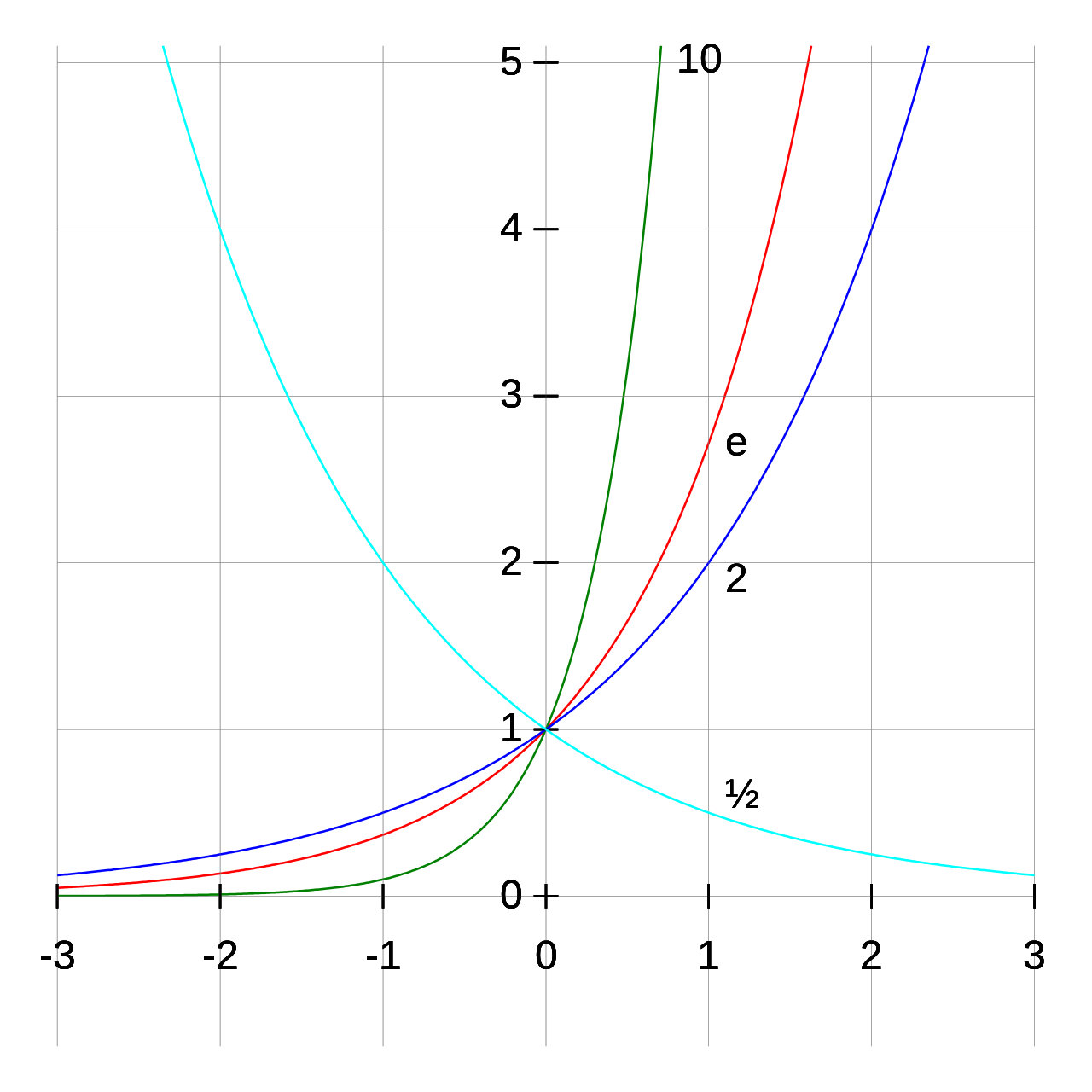The evaluation of 0^0 presents a problem, because different mathematical reasoning leads to different results. The best choice for its value depends on the context. According to Benson (1999), "The choice whether to define 00 is based on convenience, not on correctness."[2] There are two principal treatments in practice, one from discrete mathematics and the other from analysis.
In many settings, especially in foundations and combinatorics, 0^0 is defined to be 1. This definition arises in foundational treatments of the natural numbers as finite cardinals, and is useful for shortening combinatorial identities and removing special cases from theorems, as illustrated below. In many other settings, 0^0 is left undefined. In calculus, 0^0 is an indeterminate form, which must be analyzed rather than evaluated. In general, mathematical analysis treats 0^0 as undefined[3] in order that the exponential function be continuous.
In many settings, especially in foundations and combinatorics, 0^0 is defined to be 1. This definition arises in foundational treatments of the natural numbers as finite cardinals, and is useful for shortening combinatorial identities and removing special cases from theorems, as illustrated below. In many other settings, 0^0 is left undefined. In calculus, 0^0 is an indeterminate form, which must be analyzed rather than evaluated. In general, mathematical analysis treats 0^0 as undefined[3] in order that the exponential function be continuous.







Comment